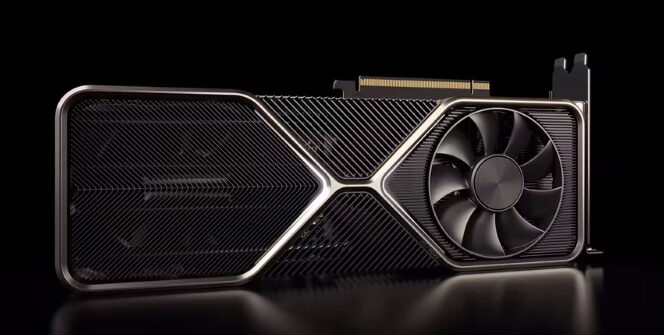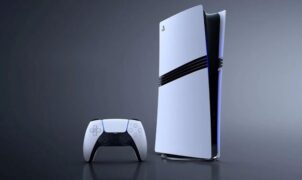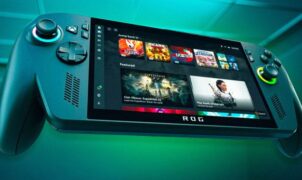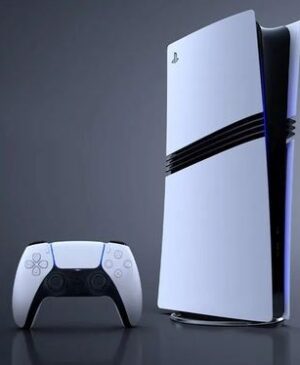TECH NEWS – Instead of Nvidia’s latest (most significant, highest TDP-having, most potent…) high-end graphics card, the company will produce something else on a larger scale.
After Nvidia unveiled the GeForce RTX 4090, we were amazed at its performance (we might have seen a performance leap like this in 2007 with the GeForce 8000 series graphics cards); it’s hard to find in stores as its popularity has created a stock shortage, even though the card, which costs $1,600 in the US, isn’t exactly cheap. (In Europe, it’s even more expensive.)
One would think that Nvidia would start producing more AD102 GPUs to meet demand. Still, rumours are that they are shifting their TSMC (Taiwan Semiconductor Manufacturing Company) capacity to H100 Hopper GPUs, which are more profitable for them, and are intended for workstations. According to MyDrivers, although the GeForce RTX 4090 is a big moneymaker for its price, it is not enough compared to the Hopper product line. A fully functional H100 GPU with 80 gigabytes of HBM3 costs tens of thousands of dollars. If tech companies were to build supercomputers with H100 graphical chips, Nvidia would instead benefit them because they can make more profit from it.
Nvidia’s Ada Lovelace and Hopper architectures are both based on TSMC’s N4 FinFET node, so it’s easy for the Taiwanese chipmaker to switch from one product line to another. Still, the H100’s “packaging” is a bit more complex. Meanwhile, in China, for example, Baidu (the local Google replacement) and Alibaba (the equivalent of Amazon) have preferred buying high computing power products. Still, the country could be cut off from access to the technology, and just before the ban was announced, Nvidia had just said there was significant demand for Hopper products (saying there were “super-hot runs”).
The short is that high-end video cards are not produced in outstanding numbers by default and will be even harder to find in stores. While it is true that they weren’t meant to be as mass-produced as a mid-range GPU, the high-end demand is still present.
Source: PCGamer


![[TGA 2025] Star Wars: Galactic Racer Focuses on High-Stakes Podrace Runs [VIDEO]](https://thegeek.games/wp-content/uploads/2025/12/theGeek-Star-Wars-Galactic-Racer-302x180.jpg)









![[TGA 2025] Star Wars: Galactic Racer Focuses on High-Stakes Podrace Runs [VIDEO]](https://thegeek.games/wp-content/uploads/2025/12/theGeek-Star-Wars-Galactic-Racer-300x365.jpg)



Leave a Reply